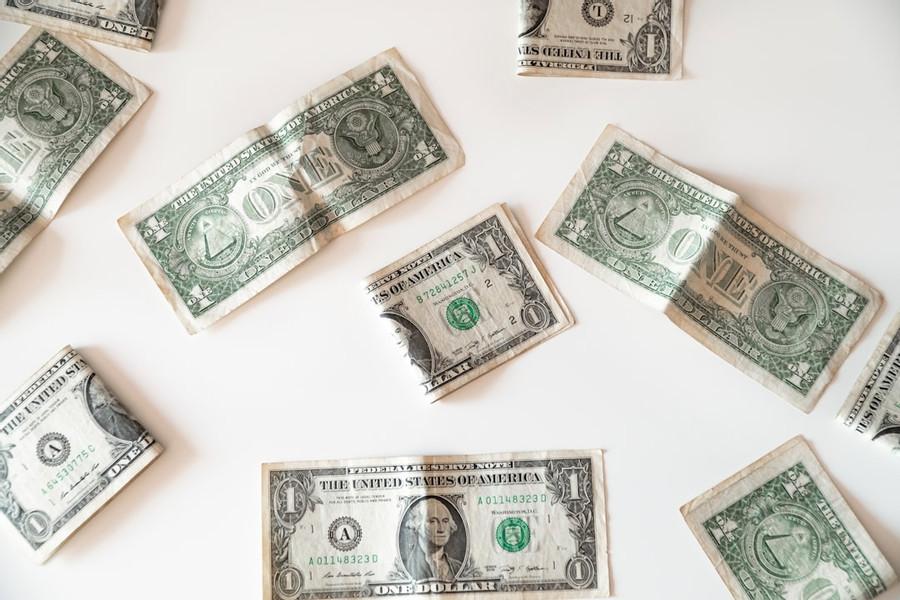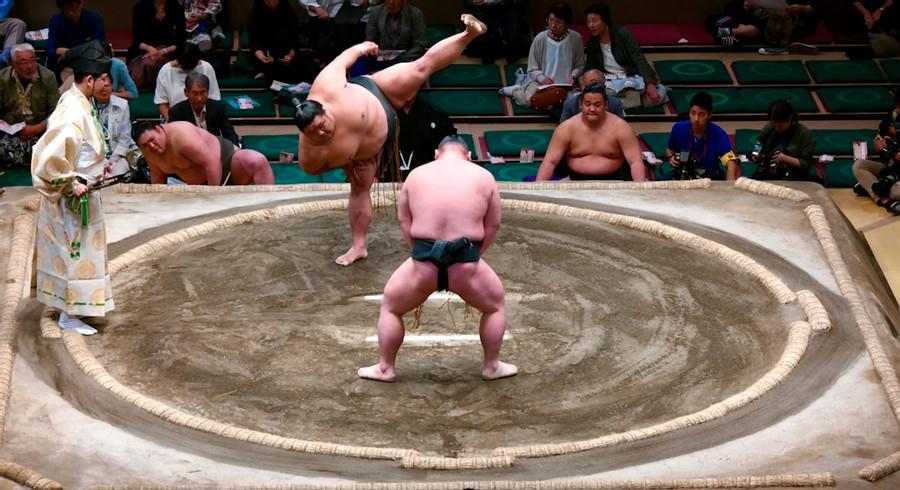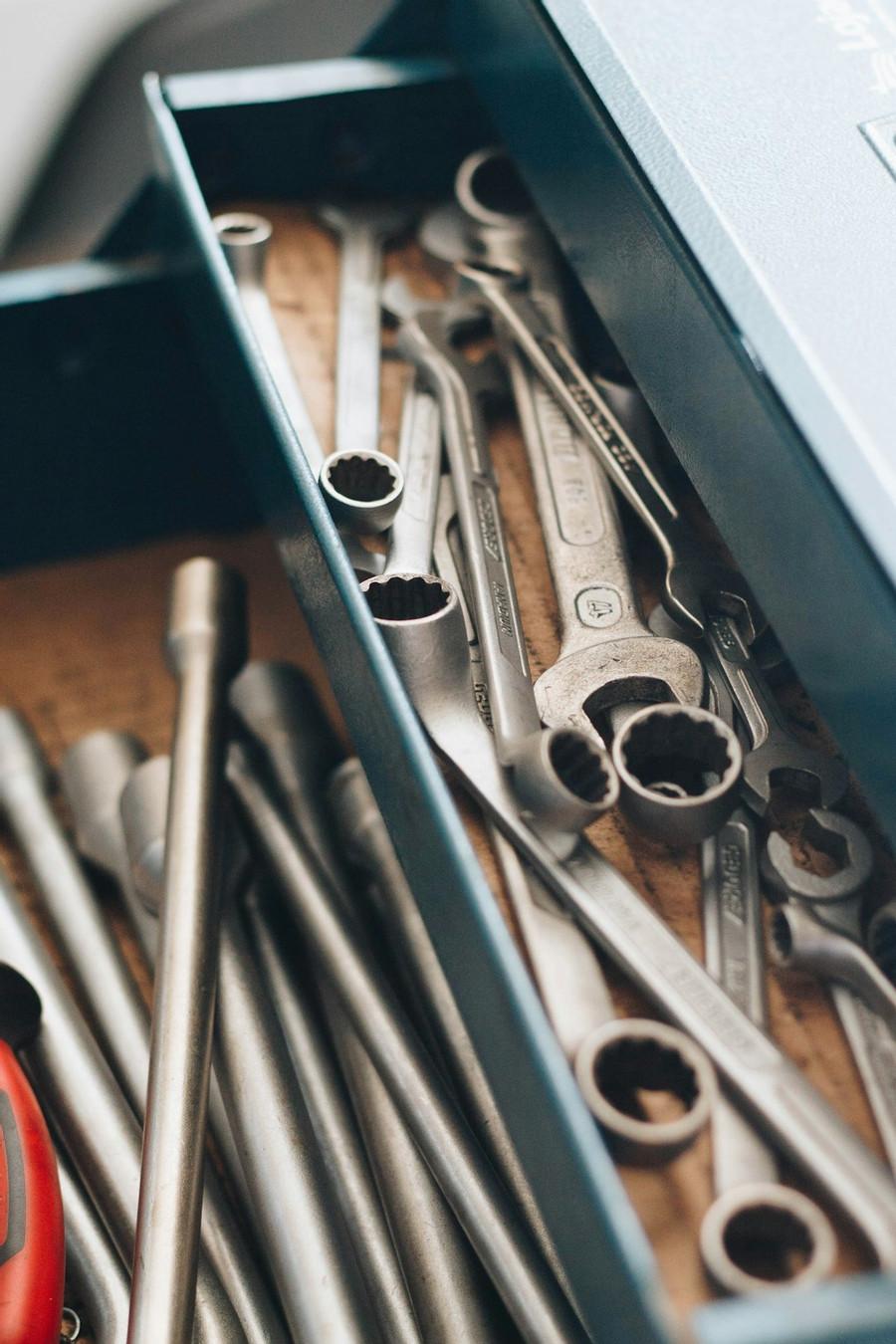Prince Rahul's Key Ideas from Freakonomics
by Steven D. Levitt
Ideas, facts & insights covering these topics:
11 ideas
·184K reads
484
19
Explore the World's Best Ideas
Join today and uncover 100+ curated journeys from 50+ topics. Unlock access to our mobile app with extensive features.
INCENTIVE
….. simply a means of urging people to do more of a good thing or less of a bad thing.
Economics ultimately boils down to the study of incentives. Incentives are all around us, whether natural or manufactured (like by a parent, teacher, boss, politician or economist).
Three kinds of incentives:
- Economic: doing something to increase your wealth.
- Social: doing something to affect how others perceive you.
- Moral: doing something because of your sense of right and wrong.
1.68K
27.4K reads
Moral Incentives
A day-care center wanted parents to pick up their kids on time, so they levied a $3 fine for parents who were late. However, the number of late pickups actually doubled.. That’s because the fine was too affordable, sent the wrong signal that being late wasn’t a big deal and removed the parents’ guilt of being late. Without a moral incentive, parents continued to be late even when the $3 penalty was removed.
1.45K
20.4K reads
Why do drug dealers still live with their moms?
- Steven debunks the myth that drug dealers are all rich. In reality, crack gangs are very similar in structure to any business in corporate America, with a small number of people on the top making big money and hundreds of people on the bottom barely scraping by at all.
- These people stay in the business because of the prospect of potentially moving up and making it big one day, which is the mentality that drives people like athletes and entertainers trying to move up as well.
1.32K
19.4K reads
What do schoolteachers and sumo wrestlers have in common?
- Because of high-stakes testing, schoolteachers in Chicago public schools were incentivized to change their students' answers on test answer sheets so that they would not be fired or penalized for the poor test scores.
- Similarly, sumo wrestlers in Japan are incentivized through bribes and social incentives to cheat and throw certain important matches (to allow other wrestlers to win) so other wrestlers do not drop in the rankings.
1.22K
17.8K reads
Which Is More Dangerous Swimming pool or gun?
- Parents are more afraid of gun than of swimming pool. But there is 1 child drowning per every 11,000 backyard pools (550 drownings per year from 6 million pools) compared with 1 child killed for every 1,000,000+ guns (175 child deaths per year from 200m+ guns in the US).
- By these numbers, swimming pools are 90 to 100 times more dangerous to children than guns
- We human are horrible at assessing risks.
1.57K
17.2K reads
CONTROL
If we feel in control, we view things as safer. We prefer to drive a car than fly, even though there are far more deaths from car crashes than from plane crashes. When we’re in the driver’s seat we feel in control, but in a plan we relinquish all control to the pilot, so it feels riskier.
1.44K
15.7K reads
PRESENT VS FUTURE
We weight the things that could kill us now more heavily than the things that could kill us in the future. A terrorist can kill us right now, but eating too much McDonald’s won’t kill us for a few decades.
1.43K
15.5K reads
AVAILABILITY
We see the news stories of the horrific plane crashing into the side of a mountain or the kid playing with a gun that accidentally goes off, so these feel more likely compared to the guy who fell asleep in a car and quietly veers off the road or the child who drowns in the pool without any news coverage.
A simple equation might be: Risk = Hazard + Outrage
1.3K
13.4K reads
How the Ku Klux Klan is similar to real estate agents?
- Stetson Kennedy, a man who infiltrated the 1940s KKK and published much of their secret information, thereby erasing the informational advantage they had that made people fear them.
- Real estate agents also have an informational advantage over their clients, and they often use this to their advantage, selling houses for less than they are worth so that they can close a deal quickly because they have less to gain from a higher sale than the sellers do.
1.29K
13.3K reads
WHAT MAKES A PERFECT PARENT?
- Parenting methods that entail specific actions (such as taking one’s child to museums, spanking the child, reading to the child every night, etc.) play little to no role in the child’s development, whereas there are many parental qualities (such as the parents’ level of education, their age at the time of having children, etc.) that have a demonstrable influence on a child’s development.
- Such data suggest that genetics plays a larger role in a child’s development than parental nurture does.
1.44K
11.8K reads
EXPERTS AREN’T ALWAYS THE GOOD GUYS
- Chances are, we’ve all been cheated at one point or another, probably by a repairman who overcharged us or an expert who gave us bad advice. Experts have an informational advantage over the average person.
- Experts often abuse information asymmetry between themselves and consumers, but things like the internet are working to erase this information imbalance by providing more information to everyday people.
1.34K
12.5K reads
IDEAS CURATED BY
The more one seeks to rise into height and light, the more vigorously do ones roots struggle earthward, downward, into the dark, the deep — into evil.
CURATOR'S NOTE
Which is more dangerous, a gun or a swimming pool? What do schoolteachers and sumo wrestlers have in common? Why do drug dealers still live with their moms? How much do parents really matter? Freakonomics will literally redefine the way we view the modern world.
“
Prince Rahul's ideas are part of this journey:
Learn more about parenting with this collection
How to find common interests
How to be a good listener
How to overcome social anxiety
Related collections
Different Perspectives Curated by Others from Freakonomics
Curious about different takes? Check out our book page to explore multiple unique summaries written by Deepstash curators:
1 idea
Diego Ortiz's Key Ideas from Freakonomics
Steven D. Levitt, Stephen J. Dubner
1 idea
Franz cattaneo's Key Ideas from Freakonomics
Steven D. Levitt, Stephen J. Dubner
20 ideas
Talha Mumtaz ✔️'s Key Ideas from Freakonomics
Steven D. Levitt, Stephen J. Dubner
Discover Key Ideas from Books on Similar Topics
18 ideas
How to Go From 0 to 10.000 USD Per Month
Adrián Sáenz
5 ideas
Entrenando la memoria para estudiar con éxito
Jonathan B. Hancock
5 ideas
Te presentamos Super Lectura con Jim Kwik
mindvalley.com
Read & Learn
20x Faster
without
deepstash
with
deepstash
with
deepstash
Personalized microlearning
—
100+ Learning Journeys
—
Access to 200,000+ ideas
—
Access to the mobile app
—
Unlimited idea saving
—
—
Unlimited history
—
—
Unlimited listening to ideas
—
—
Downloading & offline access
—
—
Supercharge your mind with one idea per day
Enter your email and spend 1 minute every day to learn something new.
I agree to receive email updates










